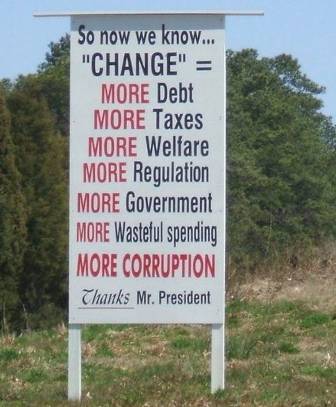[Skip to the end]
>
> (email exchange)
>
> On Tue, Dec 15, 2009 at 8:36 AM, wrote:
>
> I was reading Bill Dudley’s speech from last week and can’t figure out why he’s saying
> some things that are at best misleading.
>
> Mr. Dudley’s overall remarks were interesting, helpful and encouraging in many ways,
> but I was quite concerned by what he said towards the end about excess reserves:
>
“If we raise the interest rate on excess reserves, we can incentivize banks to hold the excess reserves with us rather than lend them out”
>
> It’s difficult to make sense of this statement, because banks, in the aggregate, don’t in
> effect “lend” or “not lend” excess reserves. I realize that there is a lot of confusion in
> the financial press surrounding the issue of excess reserves. Unfortunately, Mr. Dudley’s
> choice of words seems likely to perpetuate some of these misunderstandings and also
> seems inconsistent with Fed staff papers on this matter.
>
> In the hope that it might prove useful at some point, I would like to offer the following
> assertions:
>
> 1. In our system, banks are never reserve-constrained in their lending activities – the
> Fed will always add as many reserves as are needed to maintain its interest rate target.
>
Yes, and more so. If the Fed doesn’t proactively add reserves to alleviate a shortage the result is an overdraft in at least one member bank’s reserve account, and an overdraft *is* a loan from the Fed, so in any case needed reserves are necessarily added as an ‘automatic’ matter of accounting. The Fed’s decision is about pricing the overdraft.
So it’s always about price and not quantity.
>
> Bank lending decisions are independent of reserves.
>
Yes, completely.
>
> 2. Now that the Fed is paying interest on excess reserves, their quantity is irrelevant –
> monetary policy objectives can be pursued completely independently from any
> accounting measure of excess reserves in the system.
>
Yes, apart from a small glitch- the agencies have reserve accounts that don’t earn interest. The Fed is on this and working to get it changed so all reserve accounts pay interest.
>
> 3. The private sector cannot create or extinguish reserves. See Fed paper
> http://www.newyorkfed.org/research/staff_reports/sr380.pdf
>
Yes!!!
[top]


